The Ripple Effect of Water
For the communities that Well Aware partners with in East Africa, water is:
- Equality
- Health
- Education
- Life
Without water, these essentials are difficult – if not impossible to attain.
Across the world, women and girls are responsible for water collection in 80% of households where water is off-premises (WHO/UNICEF). They walk 3.5 miles on average to fetch water, often missing school or work to do so (USAID). The water they spend so much time collecting may not be clean: 159 million people globally fetch untreated water from open, highly contaminated sources, such as rivers or dams (WHO). Unsafe sources lead to waterborne illnesses that result in 485,000 diarrheal deaths worldwide and are particularly dangerous for children under the age of 5 (WHO). Insufficient water makes proper sanitation and hygiene difficult and further spreads illness.
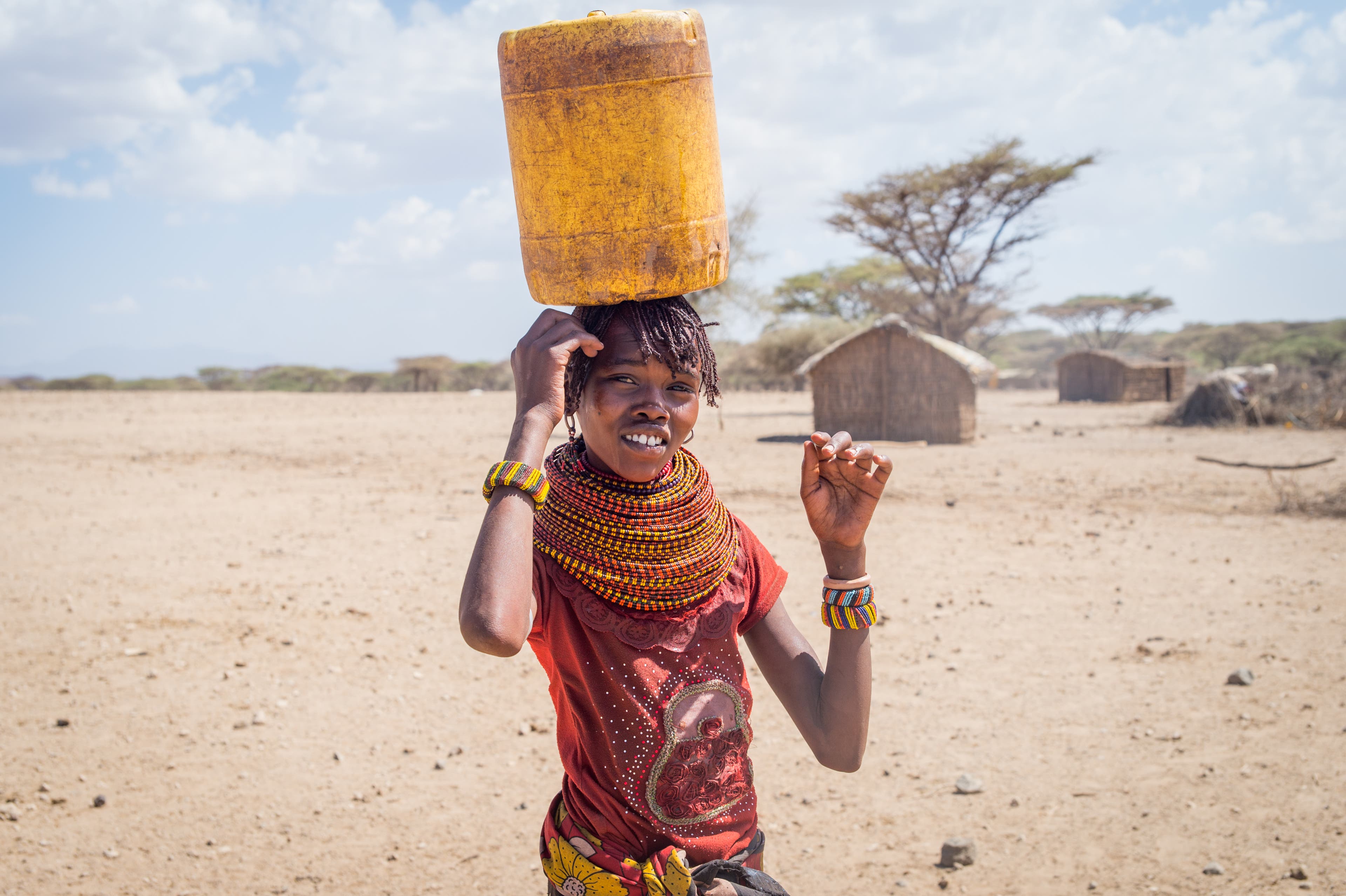
These water challenges stifle growth and development.
But, when communities can count on a source of clean water, it creates a ripple effect: disease rates decrease; education rates increase; gender equality improves; agriculture expands; economies grow, and communities begin to truly thrive.
This is why building lasting clean water solutions is so important, and where Well Aware comes in.
Building Lasting Clean Water Solutions: The Well Aware Difference
The Well Aware mission is to provide “Clean Water for Life.” We are deeply committed to providing communities with reliable, clean, long-lasting sources of water for life – enabling communities and future generations to thrive. To date, we have implemented over 80 clean water projects that transformed more than 270,000 lives.
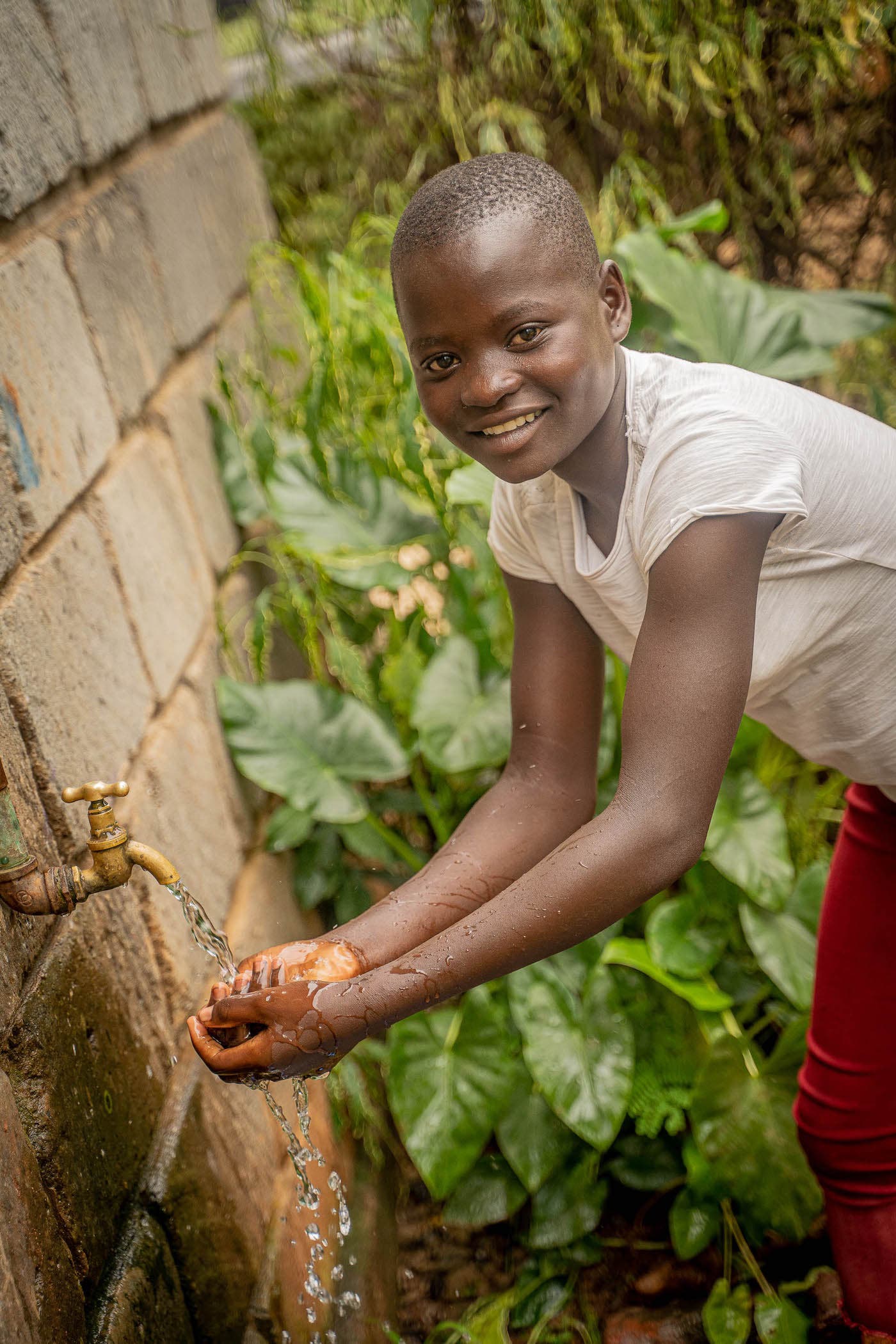
100% of our water projects are successful, compared with the average industry success rate of 40%. This means that every one of our water systems provides clean water long after implementation, which is critical to ensuring sustainable development for partner communities.
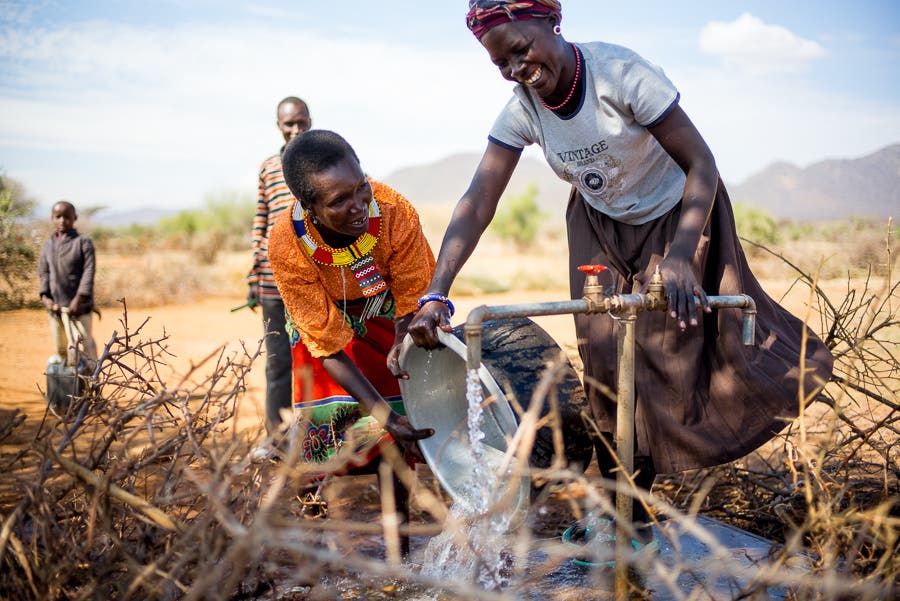
Our robust 100% sustainability model is led by our community-driven approach, technical expertise, and ongoing support of water systems. No two of our 80+ water systems are technically the same; we build custom solutions for each community’s needs and geology. We utilize new technologies, continuously improve our project approach, and remain committed to the long-term success of each water system.
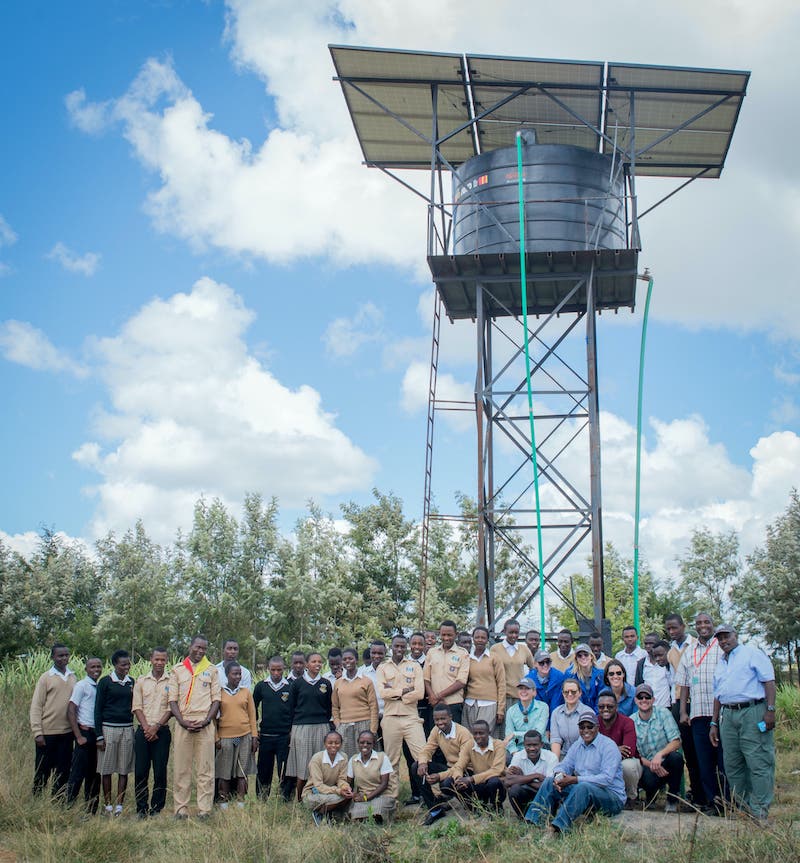
Our water systems become long-term anchors for community prosperity.
Hairstory + Well Aware: Transforming Kitonyini Primary School
Well Aware is honored to partner with Hairstory to build a new, lasting clean water system for Kitonyini Primary School in Machakos County, Kenya, which will transform the lives of 300 students who currently study there and many more to come.
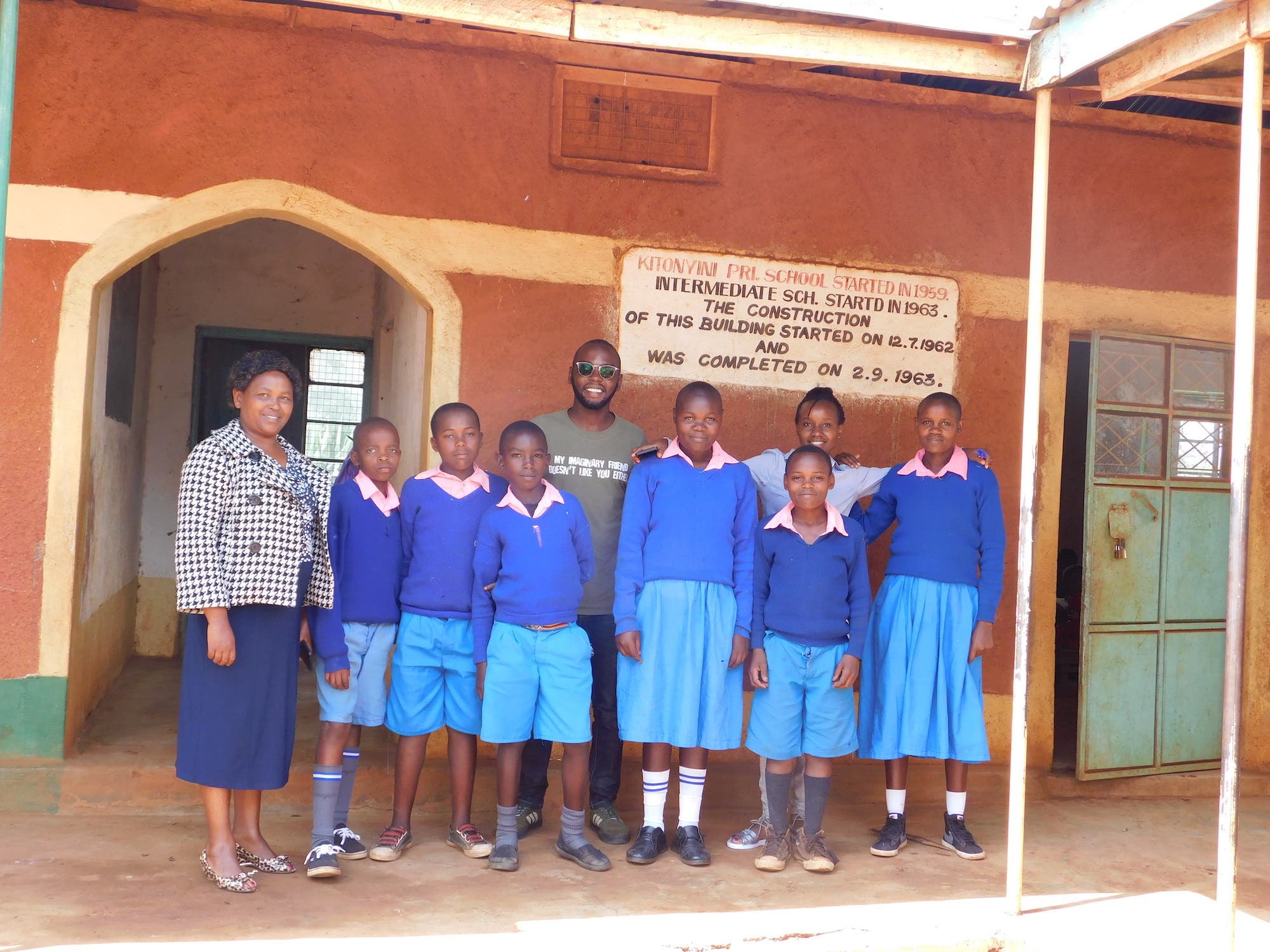
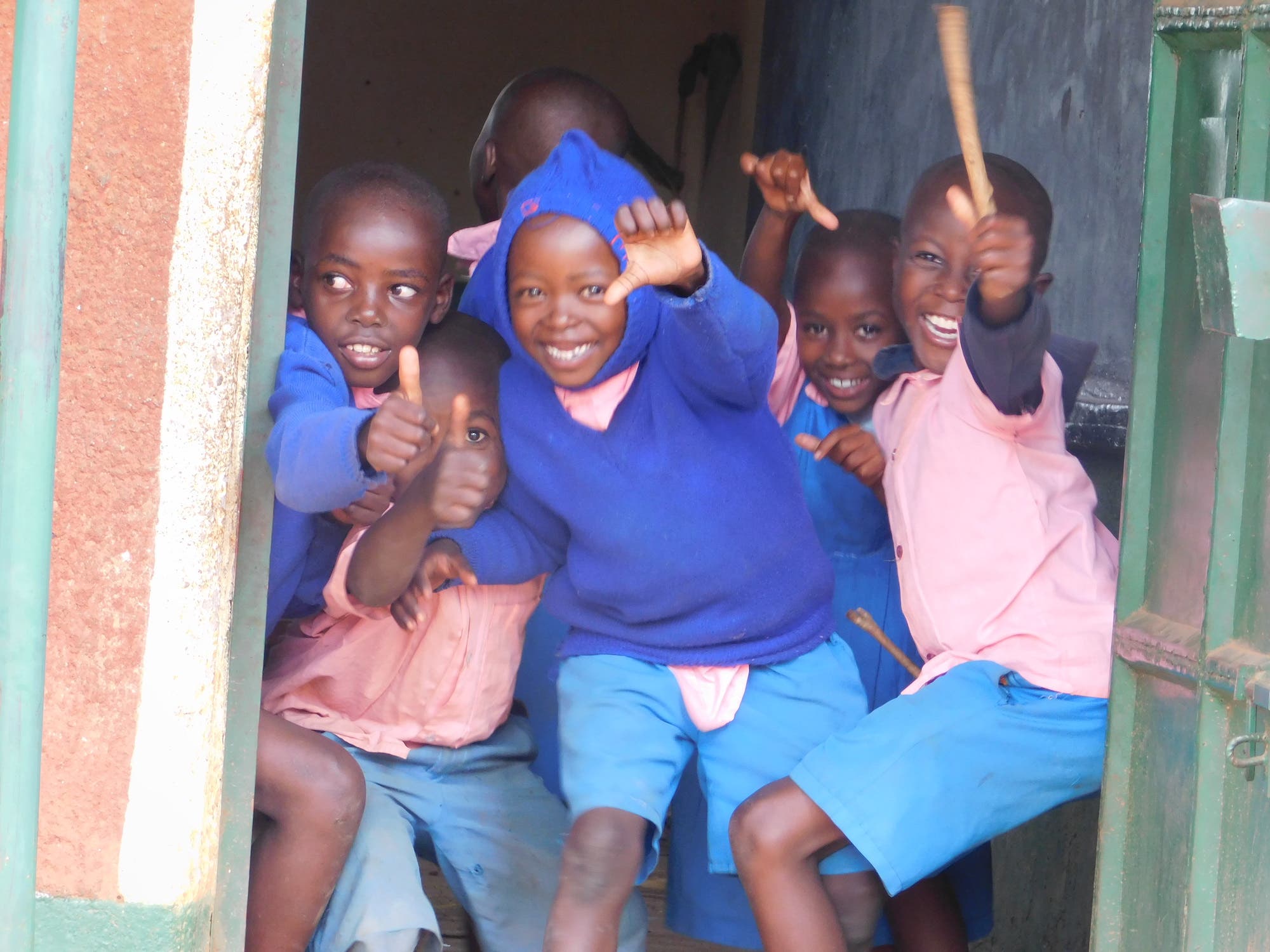
Currently, the primary school has poorly installed guttering that collects a fraction of the rainwater needed to sustain it. They often resort to buying water (which is expensive) or collecting from surface water sources – the seasonal river, springs, and dam – that are unavailable during dry seasons, and unsafe or unreliable. Children often miss school to fetch water; the school only has one hand washing station and is forced to do without basic hygiene and providing meals.
After surveying the area and reviewing all possibilities, the Well Aware team determined the Kitonyini Primary School will benefit greatly from a large-scale rainwater collection & UV purification system. The design for the project is done, and implementation will kick off in early 2022.
Once a source of clean water is available, these 300 students will be able to spend more time in the classroom, improve their health, and get the education they deserve! Hairstory will forever change the lives of many children through this project.
We can’t wait to see the impact and hope you will follow along.
Project Update: February 9, 2022 Implementation has been officially kicked off
Infrastructure for the water storage tanks has begun this week, and final quotes for materials are expected shortly before construction can begin on the rest of the system. This process will take another few weeks, but the project should be fully completed by the end of March.
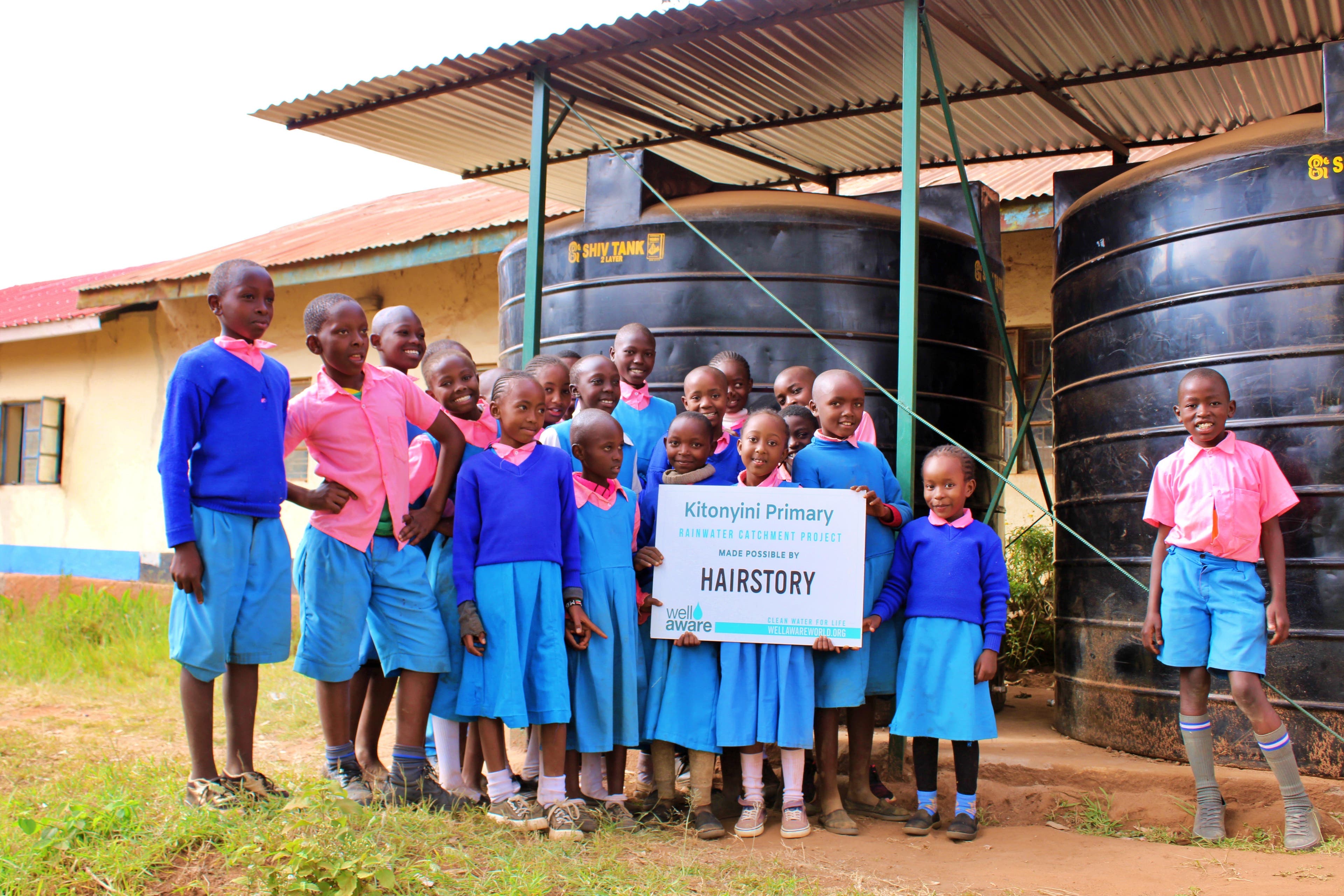
Meanwhile, here is a personal story from Kyalo Mutaua, 12, one of the Kitonyini Primary School students, who all complete a questionnaire about water, home, and family. A few of his entries:
Q: Does your family move around based on access to water?
A: Yes.
Q: Where do you get water from?
A: A river
Q: Who collects water for your family?
A: Me and my mother.
Q: Do you boil water at home or drink it straight?
A: We boil our water.
Q: How often do you collect water?
A: About three times for one day.
Q: What does water mean to you?
A: In my life, water is life



